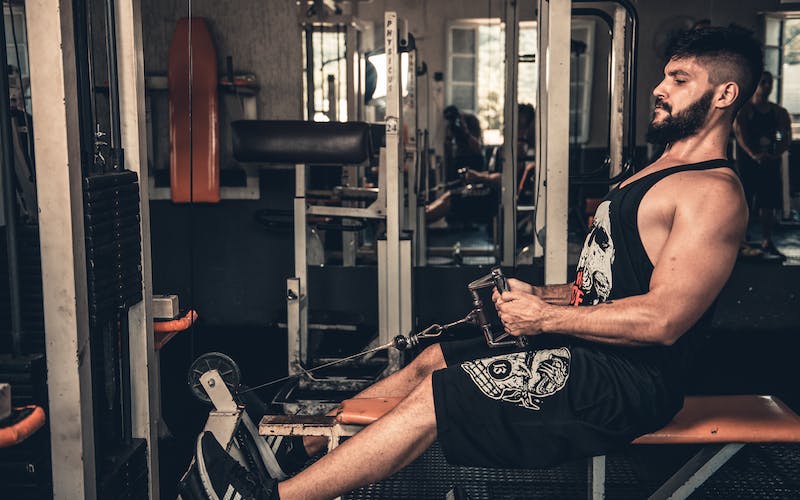Starting on a journey to enhance fitness performance and endurance is a commitment to holistic well-being. These elements are not just about achieving short-term goals; they lay the foundation for a transformative fitness experience.

Warm-up and Cool Down Techniques:
Importance of Proper Warm-up:
Warming up muscles before intense activity is paramount. It primes your body for optimal performance, reducing the risk of injury. Spend 5-10 minutes with light cardio and dynamic movements.
Dynamic Stretches:
Incorporate dynamic stretching into your routine to improve flexibility and blood circulation. Leg swings, arm circles, and torso twists are effective choices.
Cool-down Exercises to Prevent Injury:
Gradually bring your body back to a resting state with cool-down exercises. Focus on stretches that promote flexibility and aid in muscle recovery, such as yoga poses.
Progressive Training Methods:
Overview of Progressive Overload:
Embrace the concept of progressive overload. Gradually increasing intensity challenges the body, fostering continuous improvement. Increase weights, reps, or intensity progressively.
Incorporating Variety in Workouts:
Diversify your exercises to prevent plateaus. Varied workouts keep the body engaged and responsive. Include strength training, cardio, and flexibility exercises in your routine.
Setting Realistic Goals for Continuous Improvement:
Set achievable, measurable goals. Create a personalized, progressive fitness plan that challenges you while allowing for steady improvement.
Nutrition for Performance:
Pre-workout Nutrition:
Fuel your body with balanced pre-workout meals to optimize energy levels. Include a mix of carbs and protein for sustained energy.
Hydration Tips:
Maintain optimal hydration throughout workouts. Drink water regularly, and consider sports drinks for longer, intense sessions.
Post-workout Nutrition and Recovery:
Prioritize post-workout nutrition for muscle recovery. Replenish nutrients with a mix of protein and carbohydrates.
Quality Sleep and Rest Days:
The Role of Sleep in Performance:
Quality sleep is integral to athletic performance. Aim for 7-9 hours of sleep to support recovery and overall well-being.
Importance of Rest Days:
Incorporate rest days into your fitness regimen. Adequate rest promotes muscle repair and prevents burnout.
Strategies to Enhance Sleep Quality:
Improve sleep quality with a consistent sleep schedule, a relaxing pre-bed routine, and a comfortable sleep environment.
Mental Conditioning:
Building Mental Resilience:
Recognize the psychological aspect of fitness. Build mental toughness by facing challenges with a positive mindset.
Visualization Techniques:
Harness the power of visualization. Picture success in your workouts to enhance performance.
Mindfulness and Focus During Workouts:
Practice mindfulness during workouts. Stay present and focused to maximize the effectiveness of your exercises.
Tracking Progress:
Importance of Tracking Metrics:
Track metrics to measure progress. Use tools and methods to monitor your performance over time.
Adjusting Workouts Based on Performance Data:
Interpret performance data and make necessary adjustments to your workouts. It’s an iterative process.
Celebrating Achievements:
Acknowledge and celebrate milestones. Cultivate a positive mindset by recognizing and appreciating your achievements.
Conclusion:
In conclusion, boosting fitness performance and endurance is a holistic journey. Integrating physical, mental, and nutritional elements into your routine ensures a healthier, more resilient you. Embrace the process, stay committed, and let the journey unfold towards long-term improvements. Consistency is key.




